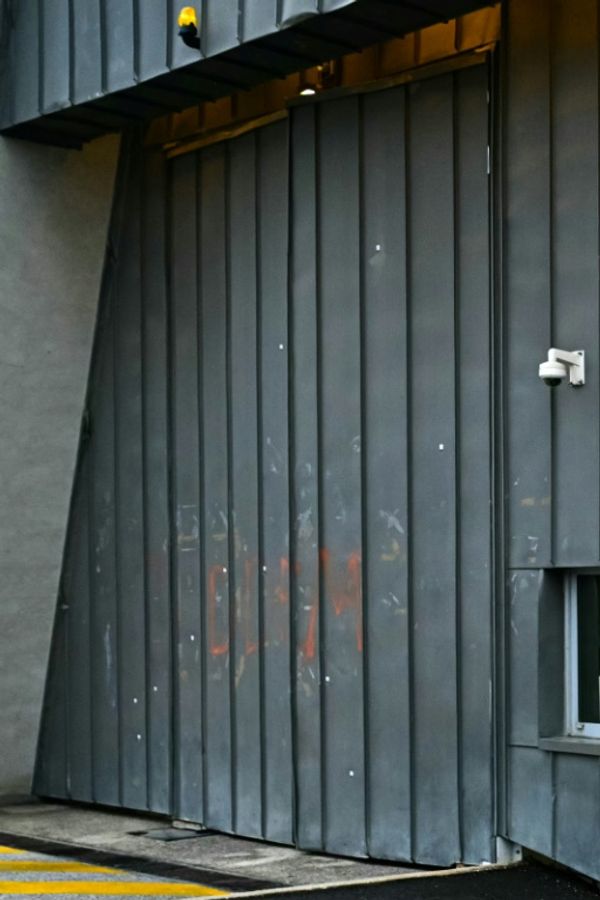A proposed billion-dollar acquisition of a South Australian owned petrol and convenience store chain was announced yesterday, in what has been described as one of the "biggest moves" the industry has seen in recent times.
So what is the deal, and what does it mean for the future of the stores, staff, and, more broadly, the petrol station industry?
What is the deal?
Petrol and diesel supplier Viva Energy struck a $1.15 billion agreement to buy the OTR Group from Peregrine Corporation.
The deal will bring OTR's petrol stations and convenience stores — located across South Australia as well as some in Victoria — and hundreds of Coles Express sites across Australia under the one banner.
OTR executive director Yasser Shahin said the deal would see the OTR brand replace the Coles Express brand in about 700 Shell service stations.
The proposed deal would also include the sale of the Peregrine-owned Smoke Mart & Gift Box stores.
Under the deal, the Shahin family, who own Peregrine Corporation, would become a major shareholder in Viva Energy.
The Peregrine Corporation also owns The Bend Motorsport Park in Tailem Bend, which is not part of the sale.
However, Viva has agreed to a 10-year naming rights sponsorship of The Bend.
Mark McKenzie, CEO of the Australasian Convenience and Petroleum Marketers Association, told ABC Radio Adelaide the proposed deal would see Viva own 1,000 of the nation's 8,000-plus petrol stations.
"This is one of the biggest moves we've seen nationally for quite a while," he said.
Who is Viva Energy?
Viva Energy is the supplier of Shell fuels in Australia, and it operates about 1,350 Shell and Liberty service stations.
It also owns and operates the Geelong Refinery in Victoria and is seeking to develop a gas terminal there.
Last September, Viva Energy announced its plans to acquire Coles Express from the Coles Group.
In a statement announcing the acquisition bid, Viva Energy said OTR's convenience retail network was the "most sophisticated convenience offer in the Australian market" and the acquisition delivered on its strategy "to grow high-quality, non-fuel earnings streams".
"As our stores increasingly become retail destinations, we expect convenience earnings will grow and reduce our dependency on traditional fuels," Viva Energy's chief executive officer, Scott Wyatt, said.
Who are the Shahins?
The Shahin family owns Peregrine Corporation, one of South Australia's largest private employers.
The company began with just a single service station, purchased by Fred Shahin in Woodville Park in 1984.
Nearly 40 years later, there are now more than 180 OTR outlets, and Peregrine Corporation is run by Fred's three sons, Charlie, Yasser and Sam.
In addition to the OTR outlets, Peregrine also operates the American doughnut brand Krispy Kreme in South Australia.
Last year, it was revealed OTR had agreed to pay $5.8 million to settle long-running wage underpayment claims, after class action was launched on behalf of 1,050 workers in May 2020.
Peregrine Corporation also has a property and construction arm, which is not part of the deal with Viva Energy.
Is it a done deal?
No. The sale is subject to approval by the Foreign Investment Review Board and the Australian Competition and Consumer Commission.
Yesterday, Yasser Shahin told ABC Radio Adelaide's Stacey Lee and Nikolai Beilharz the approval process could take anywhere between six and 18 months.
Mark Borlace, RAA's Future Mobility Expert, told the station's David Bevan that the ACCC will "have an active interest in seeing how this is proposed to happen" to ensure competition was not negatively affected.
"Because if it is an acquisition, it will be like a snake trying to swallow a bowling ball," he said.
"It's not going to be a simple process."
What does the deal mean for OTR staff?
The OTR Group has about 6,500 staff and has its headquarters in Adelaide.
Yasser Shahin said yesterday that there would be no job losses as a result of the deal.
"Everybody who's got a job today is going to be offered a job on no less favourable terms," he told ABC Radio Adelaide's Stacey Lee and Nikolai Beilharz.
What does this deal say about the future of petrol stations?
Mark McKenzie said the proposed deal indicated that service stations were moving towards building up their retail offering.
"Service stations are likely to become the 21st-century equivalent of the corner store, and that's why this move is particularly significant," he said.
"Service stations are going to evolve where they will reduce their exposure to wholesale dependence on conventional fuels and electricity and build up as a small-format retail network.
"So by that I mean not a supermarket, but a grab-and-go food store-hospitality-cafe set, which is what we've seen happening over the last five or six years."
Mr McKenzie said OTR had a "very strong convenience proposition" outside of fuel sales.
"This is a big vote of going down the path of small-format retail that complements fuel sales, so it's very significant on that basis nationally," he said.







